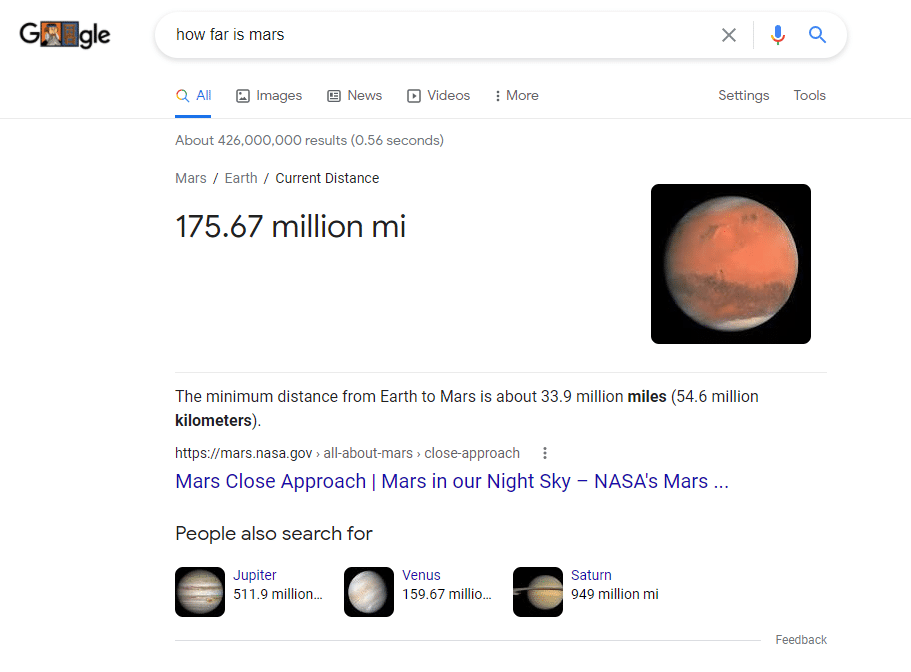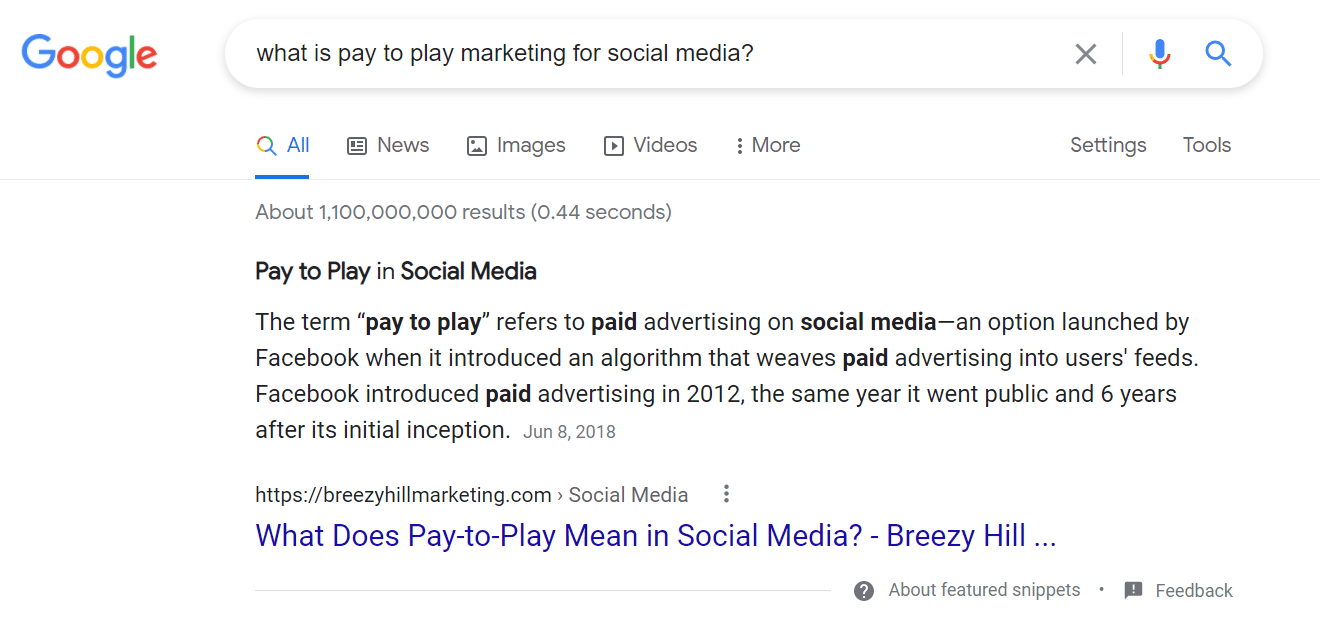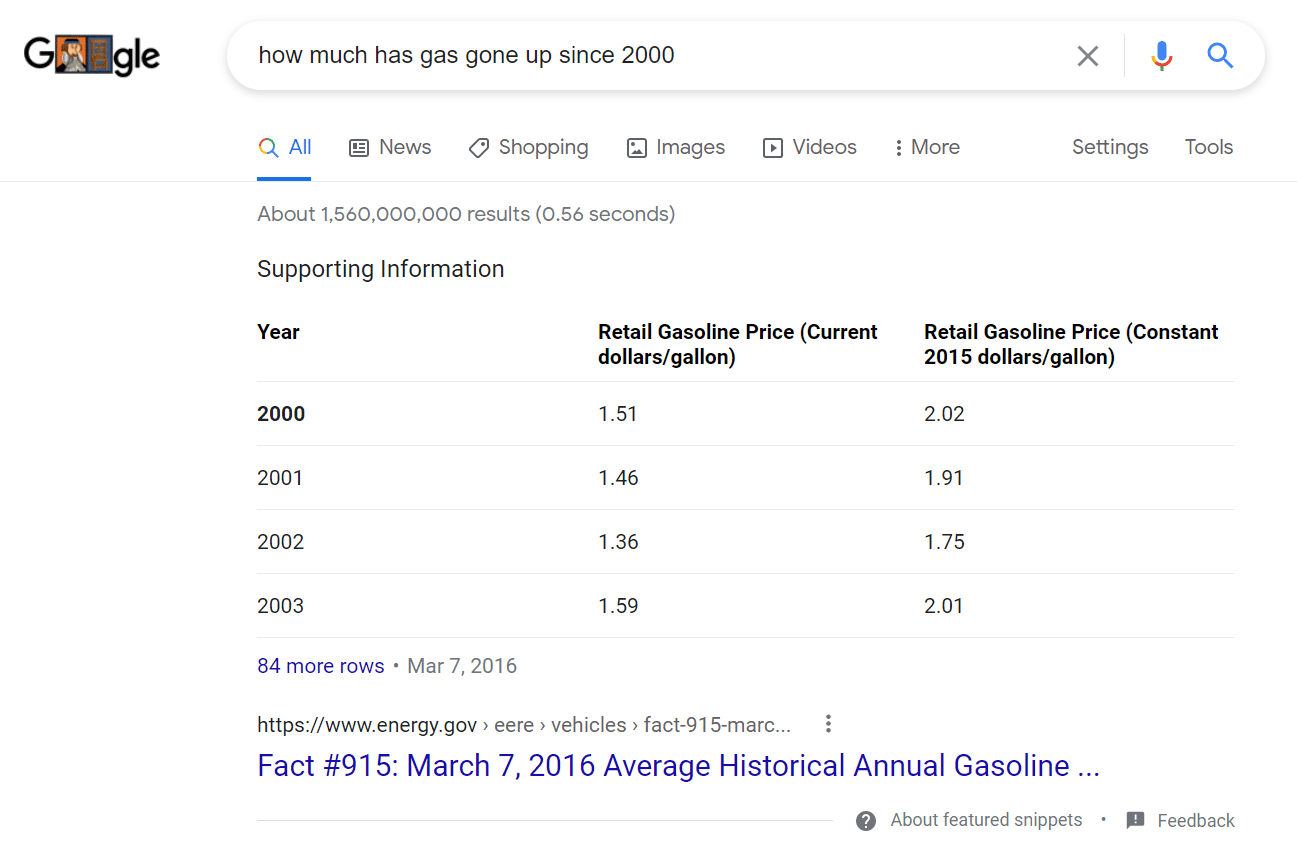How marketers reach consumers is constantly evolving; mobile search is now the most popular way to search the internet; as marketers it’s our job to adapt. Once again, we are seeing a shift in how people search, and it looks to be headed towards voice search.
One of the most powerful pages for SEO value on your website is your FAQ page – it’s where you’re answering the most frequently asked questions about your business, product, or service! Take advantage of this and structure your FAQ page for voice search so you can reach your target audience with the answers to their most sought-after questions.
Why Structuring for Voice Search Is Important
Right now, mobile searches make up 54% of users, 20% of whom use voice search. Trends for 2021 suggest that voice search is becoming a routine way to search and shop online.
One significant way we see voice search utilized is with smart speakers. Now we have the ability to call out to a device from across the room to answer questions or add items to grocery lists; about 40 million Americans own a smart speaker, and 43% are using those devices to shop online. And voice search seems to become a habit; 72% of those who use voice search devices consider it part of their daily routines.
Whether you are selling products or offering solutions, there are ways to adjust your content and website to accommodate this new trend.
A Great FAQ Page Can Increase Your SEO Value
SEO is a crucial element of anything you post online, but it is especially important for voice search. When using voice search, the device will choose the top answer from the search engine and deliver that answer to the user; if you are using a Google Home device, any question would be answered with the top result on Google’s SERP. Unlike searching on a desktop or mobile device, the user cannot scroll through a list of results; instead, the user relies on the number one link on the SERP.
Most often these answers are drawn from “snippet” results on Google.
About Google Snippets
 Ranking number one on a SERP is huge, but having your page be the snippet highlight on a Google SERP is a step higher. When looking at the SERP, a snippet will be featured at the top of the page with the answer to your query highlighted. The most relevant part of the page is shown, meaning that the source was chosen because it is worded in a way that answers the question entered into the search engine.
Ranking number one on a SERP is huge, but having your page be the snippet highlight on a Google SERP is a step higher. When looking at the SERP, a snippet will be featured at the top of the page with the answer to your query highlighted. The most relevant part of the page is shown, meaning that the source was chosen because it is worded in a way that answers the question entered into the search engine.
There are seven types of snippets:
1. Paragraph: the most common snippet; this gives a long-form answer to the query and highlights the words used in the search

2. List: a bulleted or numbered list that answers the question
3. Table: if the answer involves data, the snippet will organize the answer into a table

4. Video: video results are especially common for How-To queries
5. Accordion: in addition to giving a paragraph answer, it will include additional drop-down menus for subsections throughout the webpage
6. Rich Answer: after giving a basic, one-line answer, the snippet will include additional information in paragraph form; this would also include dictionary definitions
7. Tool or Calculator: an interactive calculator or tool, can be used to display conversions, game scores, weather, etc.
Being the featured snippet is a huge boost for your site no matter how users access it; it tells viewers that your page is the most relevant, accurate, and reliable source available. If you are the snippet for a particular topic, you will most likely be the first reference for a voice search device.
Page Structure
Organic website traffic relies on SEO connecting users with reputable sources. To do so, websites must be designed in a way that search engines can easily comb through and find the desired content.
An FAQ page is a perfect place to feature specific keywords and phrases. If structured optimally, this page will hit all the right keywords and offer specific answers to common questions searched by your target audience.
Users nowadays input queries as complete and informal questions; “53% of people who own a voice-activated speaker said it feels natural talking to it.” Keeping your audience’s tone in mind will help you word the FAQ in a way that will trigger more search results.
If you are able to predict the questions your target audience typically asks, then you have all you need to build an effective FAQ page; include those exact questions on the page, and make sure to use specific, relevant keywords throughout the answers.
If you aren’t sure what questions to include on an FAQ page, try to think from your audience’s perspective; identify their pain points, frame them in question form, and choose keywords and phrases that best apply to those questions and your business. You can then link to other pages throughout your site, making the FAQ similar to a pillar page. Having all of your site organized will make it easier for users and search engines alike to find the desired content.
FAQ pages can be utilized by many types of businesses; it is also a great place to describe services or show prices. The vast majority of consumers conduct research before buying; 81% of shoppers will research the product they are looking for online before making a purchase. Make the information your audience is researching readily available. This will tell buyers you are transparent and trustworthy, making it more likely they will make a purchase.
Digital Marketing in 2021
Mobile search changed how consumers shop, so marketers had to change how they market. With voice search becoming a regular part of mobile searching, it is time again to change how we market to accommodate the new technology.
Marketers already have all the tools needed to adapt to this change; if you know your audience, you can anticipate the questions they will be asking and the language they will use in queries. Structuring FAQ pages for voice search delivers a lot of relevant information at once.
The internet empowers consumers in ways like never before. Now, consumers make purchases after extensive research to ensure they are getting the best deal. It is the job of marketers to provide consumers with the information they are looking to research. Consumers appreciate reliable information, so it is important to be transparent and provide valuable content to inform and delight them.








